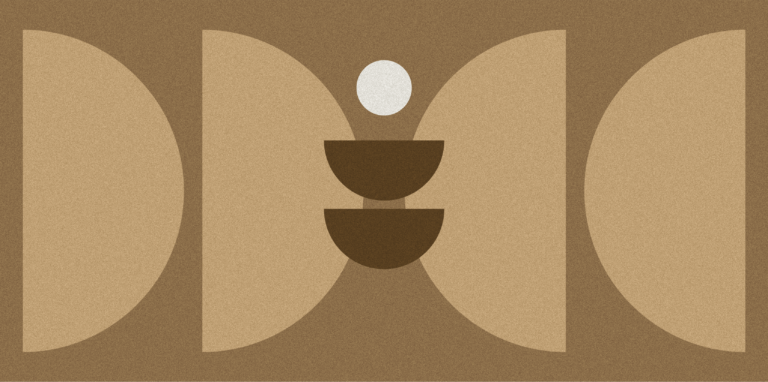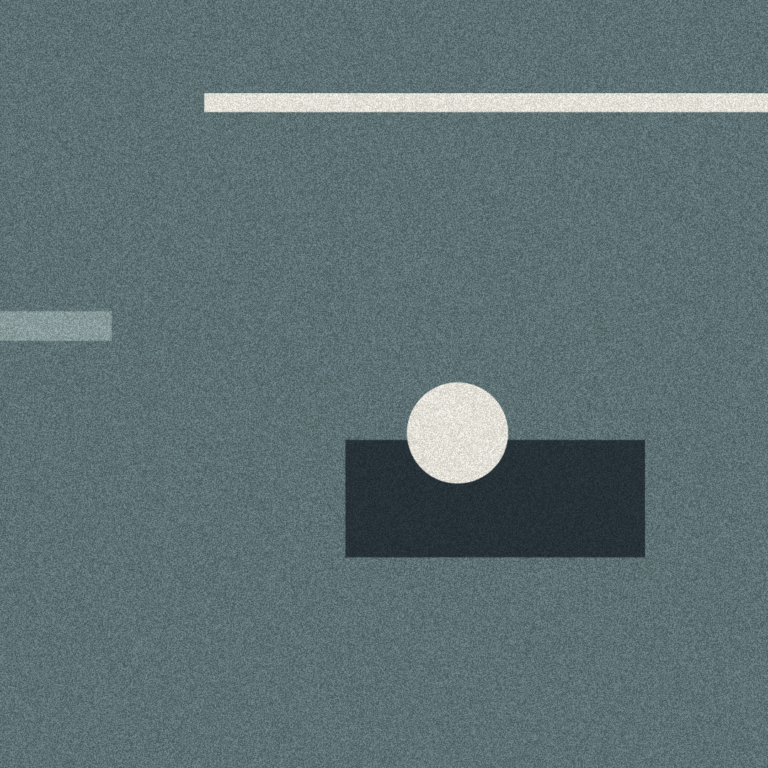Compassion = Ferocity
With Krista
A fascinating and instructive insight arises as new generations question a glorification of mother love as the root of all compassion. Upon reflection, the womb itself is a place of risk and struggle as much as nurture. Perhaps it’s a helpful metaphor after all.
Question to Live
What is compassion, through the story of your life — or maybe a story of your body? |
Integration Step
Examine the Complexity of Compassion“The beautiful notion of compassion — like the beautiful notion of unity — is all truth and all paradox. Flesh and blood struggle and absolute miracle. Symbiosis and independence, sometimes at odds. Utter vulnerability and total fortress. We find ourselves with compassion in the realm of bedrock reality, and incredible mystery.” Discuss. |

Transcript
Welcome back. Here we are again. And like last time, we’re in the realm of controversy, conflict, that we have the choice to wade through and find out how it can be generative. This one was actually really fascinating to see it develop because it was about what we’re talking about when we talk about “compassion.” And it was about being honest about compassion.
You may know, or you may not know, that His Holiness the Dalai Lama very, very often invokes this image of compassion. He does believe that compassion is a core human capacity, that we’re born with it, and that it begins, it is formed in the mother’s womb and it is epitomized in the love of mother for child, and therefore it’s in formation in our earliest lives. And there are ways in which this idea has actually been confirmed in the neuroscientist Richie Davidson’s brain imaging laboratory. He also understands through science that compassion is an inborn human capacity, that we are born with a possibility of learning compassion like we are born with a capacity for learning language.
It’s important to me — how do we learn language? That we interrogate a thesis like that. How do we learn language? We learn language, not because the earliest people in our earliest life teach us grammar, but because they talk around us, they speak to us.
This is where this gets complicated, because what surfaced in this group of humans, young and old, is the reality that that’s a very idealized notion that every example of mother-love is beautiful and wonderful and full. Mother-love can fall very, very short, for so many reasons. Something else that was raised with great passion, especially among the younger people, was that by focusing on this image of the “womb,” it seems to absolutely dismiss the notion of a father as a model of compassion, or a teacher of compassion, a source of compassion, and that erasure of anyone but the mother and a woman, in this picture of how compassion is formed in us, feels increasingly absurd to new generations.
The other complexity that surfaces if you keep working with interrogating this image is: how to reconcile this beautiful image of “nurture” — all nurture — with the hardness and the struggle that is entailed in leadership and not any less in compassionate leadership than any other kind of leadership.
It was raised by a young man in this group who’s deeply, deeply engaged in climate action. His compassionate leadership is about helping humanity rise to this great challenge. And that involves struggles, and it involves fights. It involves the creation of structures and policies. It’s not about a simplistic notion of care.
This was such a tender and searing tension in our midst, and I think it sparked something in everyone. And then the day that this really emerged, my colleague Zack and I ended up walking the Kora Walk, which is this meditative walk kind of around the Dalai Lama’s complex. We had this long walk, kind of a contemplative walk, but we were talking — and actually, we were a bunch of monotheists on this walk. A Jewish mentor, a Muslim fellow, and me. And these wonderful humans we were talking to reminded me — something I know, but forget — that this link between compassion and the womb extends across our spiritual traditions. There’s something very ancient and elemental being expressed here. So, what I mean by that is: in Hebrew, which is also the Christian Old Testament, and in the Arabic, the word for “compassion” has as its root, the word for “womb.” And whenever we find a linguistic root like that, oh, it’s just so worth investigating because it’s actually pointing at truths we carried before we had words.
Let’s look at the reality of the womb; let’s look at complexity that resides within that metaphor. And so ponder this: depending on how you measure it, the womb is the most powerful muscle in a human body. It is equal parts nourishment, yes. Almost miraculous — a miraculous system of nourishment. But also, a miraculous system of strength. It is a place of great drama and tremendous risk. It is, finally, a great struggle that brings new life into the world. The more I think about this, the more layers there are to it: the child in the mother’s body is received by that body as part kin, part literally foreign body. And sometimes there is a struggle in that reality. And the child in the mother’s body is always total stranger. The child in the womb carries literal genetic cargo from the past — lineages of deep, deep time. And in the womb, that combines and recombines to yield the future: someone wholly new.
So compassion — the beautiful notion of compassion, like the beautiful notion of unity, is all truth and all paradox. Flesh and blood struggle, and absolute miracle. Symbiosis and independence, sometimes at odds. Utter vulnerability and total fortress. We find ourselves with compassion in the realm of bedrock reality, and incredible mystery.
I am walking around with the complexity of this metaphor. I invite you to dwell in that with me, to ponder the complexity that you find in the metaphor of compassion. And I think that this exercise also gives way for us to crack open other beautiful words and images that we don’t honor in their full complexity — and thereby, we limit how robust and transformative a place they can have in our midst. Love is also one of these. We always associate love with the metaphor of the heart.
Ask yourself the question as a way in: What is compassion, or what is love? What does the reality of my experience of womb or of heart hold? What is the true drama of that, the complexity of that? Here’s just another way to frame this, to pick up this exercise. Ask yourself — choose one of these beautiful human qualities that is worth interrogating in its complexity: What is compassion? Or, what is love? And answer the question through the story of your life.
I’ll see you next time.
